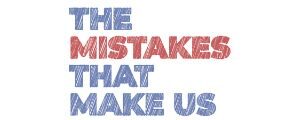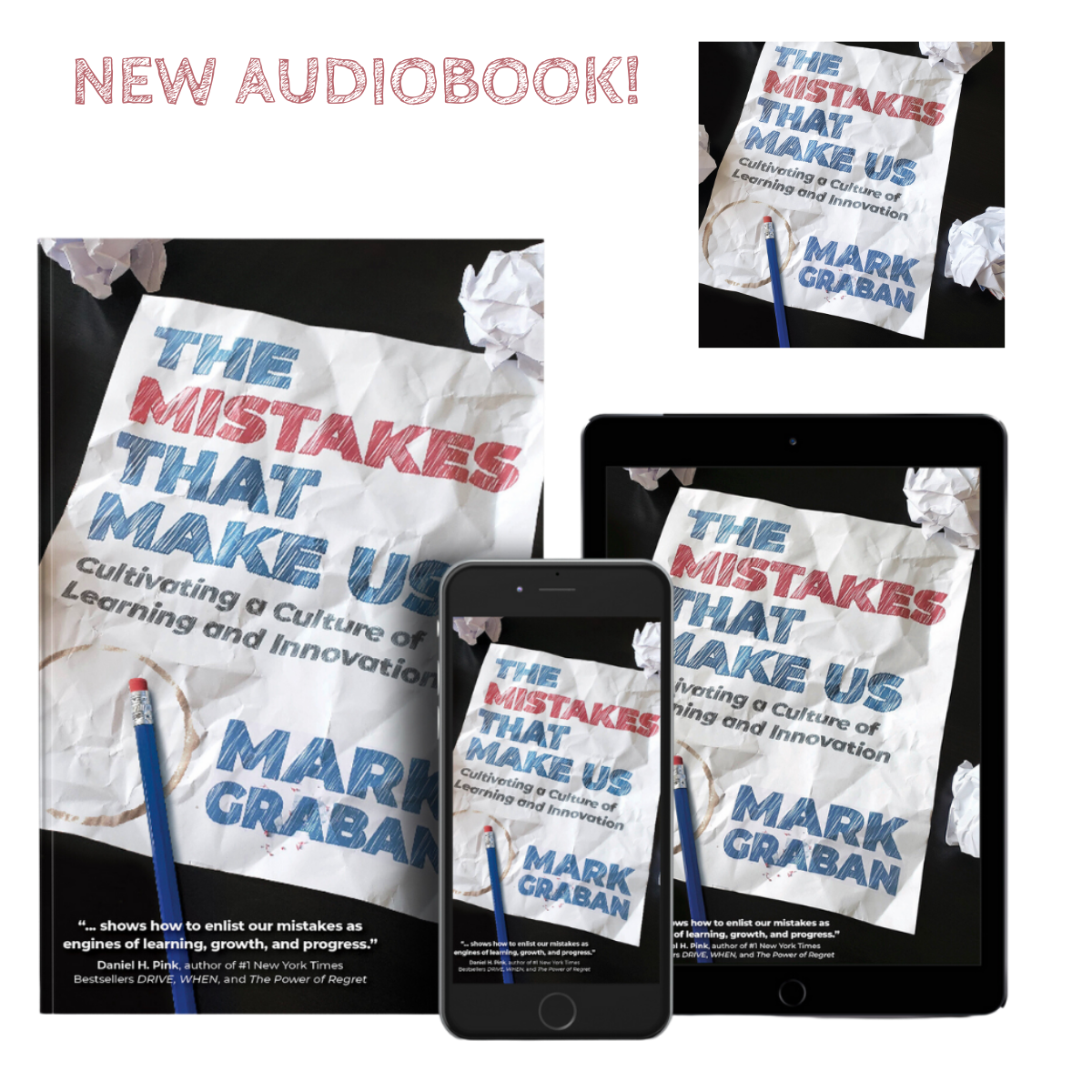
The Mistakes That Make Us The Mistakes That Make Us

Award Winner!
Thanks to the team at Goody PR for honoring my book in their 2023 Goody Business Book Awards:
- Winner, Business: Problem Solving category
- Finalist, Leadership: Team Building category
Each year, the Goody Book Awards are presented to uplift author voices with social impact and shine a light on authors making a difference with words.
How to Buy the Book:

Print Books
Available in paperback or hardcover (case laminate).
Purchase via:
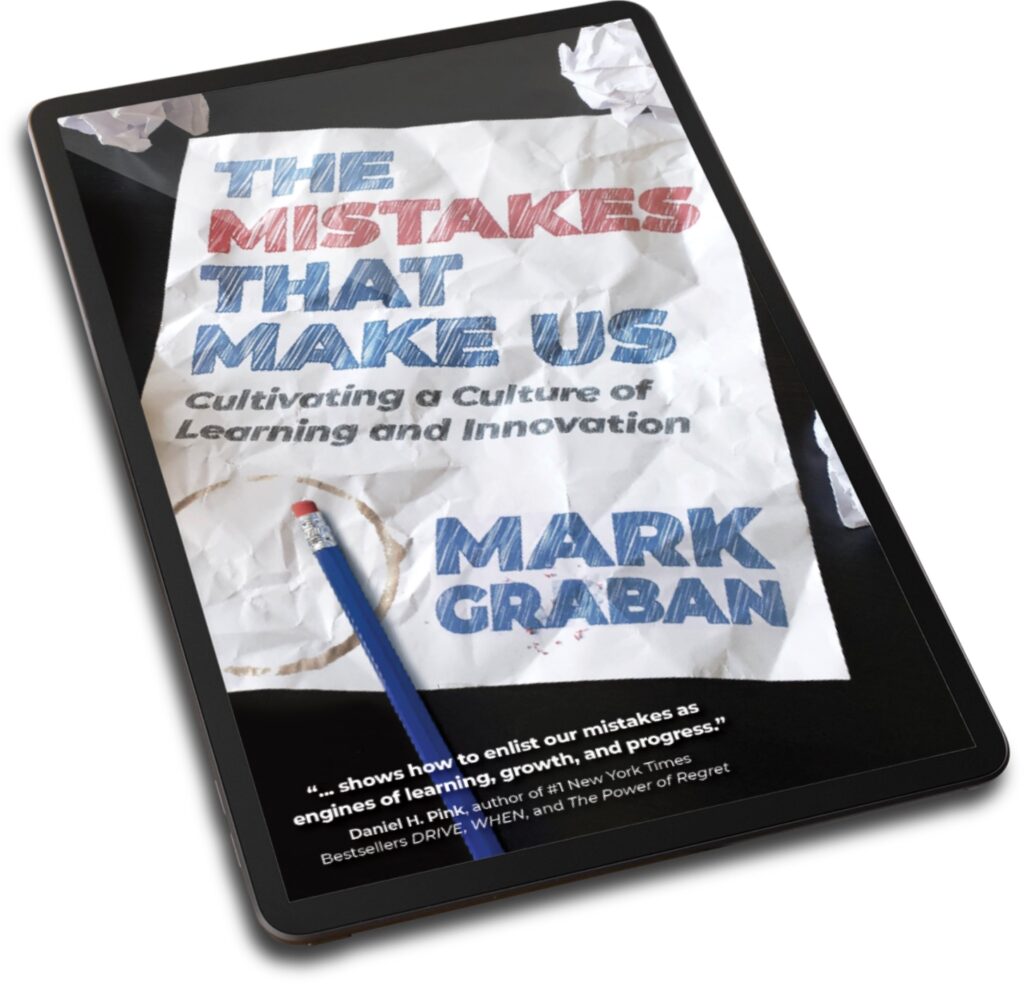
eBooks
Resizable text, Kindle WhisperSync with Audible, and more. Read on Kindle devices, smartphones, tablets, iPads, computers…
Purchase via:
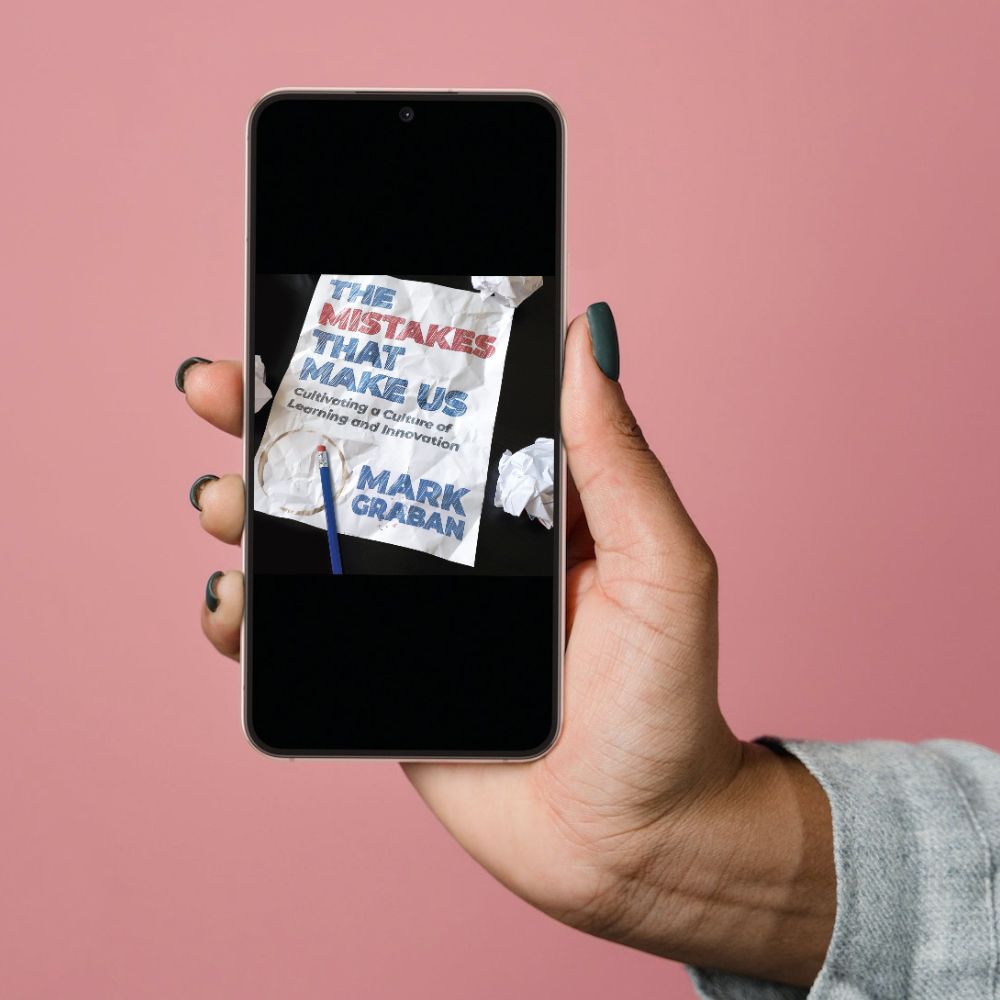
Audiobook
About the author
Helping you improve
Mark Graban is an author, speaker, and consultant, whose new book is The Mistakes That Make Us: Cultivating a Culture of Learning and Innovation.
He is also the author of the award-winning book Lean Hospitals: Improving Quality, Patient Safety, and Employee Engagement and others, including Measures of Success: React Less, Lead Better, Improve More.
He serves as a consultant through his company, Constancy, Inc, and is also a Senior Advisor for the technology company KaiNexus.
Mark hosts podcasts, including “Lean Blog Interviews” and “My Favorite Mistake.”
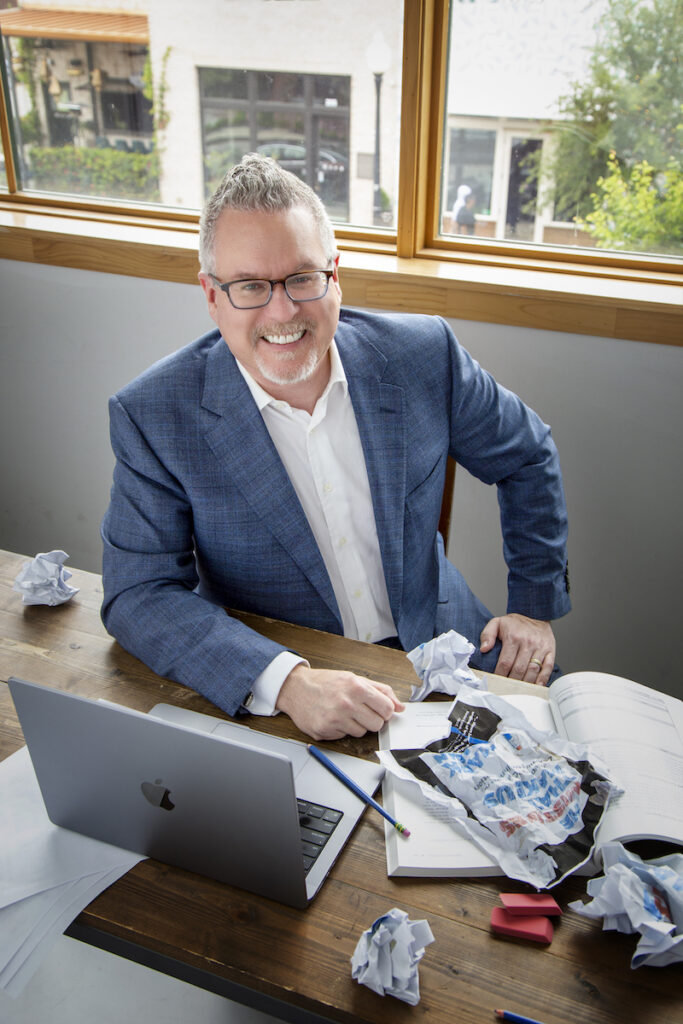
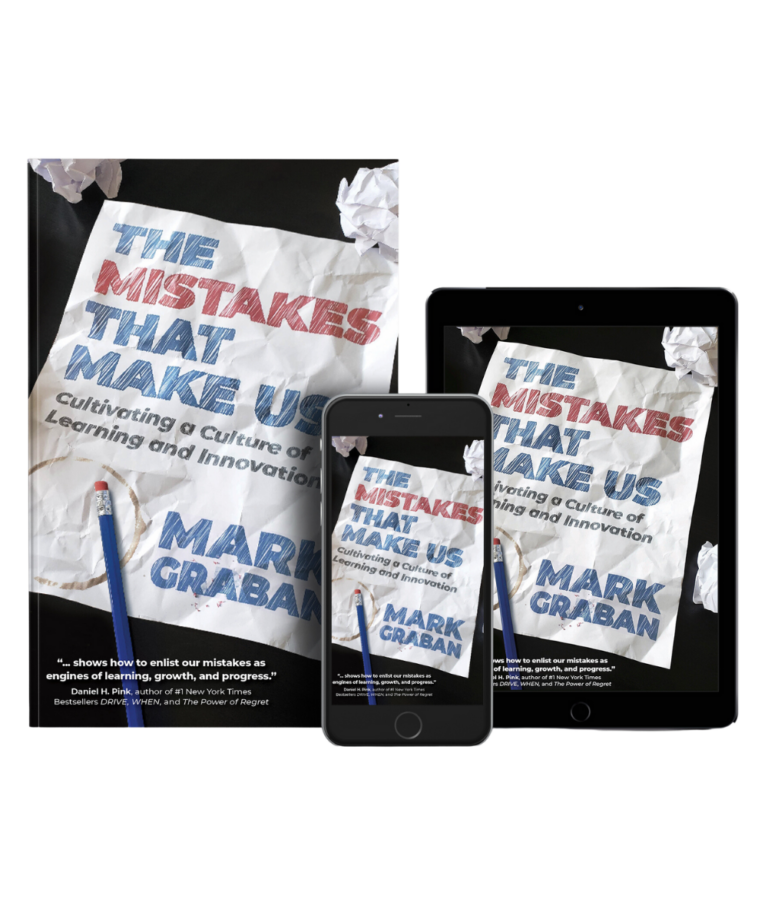
About the Book
Sharing stories and insights from his popular podcast, “My Favorite Mistake,” along with his own work experiences, Graban shows how leaders can cultivate a culture of learning from mistakes. Including examples from manufacturing, healthcare, software, and two whiskey distillers, the book explores how organizations of all sizes and industries can benefit from this approach. You’ll read stories from leaders at Toyota, the technology company KaiNexus, along with former U.S. Representative Will Hurd, Kevin Harrington from “Shark Tank,” and many others.
Expert Endorsements

Karen Martin
“Mark's exploration of mistakes provides a new body of knowledge—both practical and psychological—for individuals and businesses alike to capitalize on. This book’s greatest power is in how Mark weaves in the tenets for success with real-world examples and lessons that readers can apply right away. It would be a mistake not to read this book!”

Billy Taylor
"Whether you’re just starting out in your career or a seasoned veteran, the book will inspire you to see failure not as something to be feared, but as an essential part of the path to success. This is a book I’ll be recommending to colleagues and friends for years to come.”

Timothy R. Clark, PhD
”Making mistakes is not a choice. Learning from them is. Whether we admit it or not, mistakes are the raw material of potential learning and the means by which we progress and move forward. Mark Graban's The Mistakes That Make Us is a brilliant treatment of this topic that helps us frame mistakes properly, detach them from fear, and see them as expectations, not exceptions."

Daniel H. Pink
“At last! A book about errors, flubs, and screwups that pushes beyond platitudes and actually shows how to enlist our mistakes as engines of learning, growth, and progress. Dive into The Mistakes That Make Us and discover the secrets to nurturing a psychologically safe environment that encourages the small experiments that lead to big breakthroughs.”
